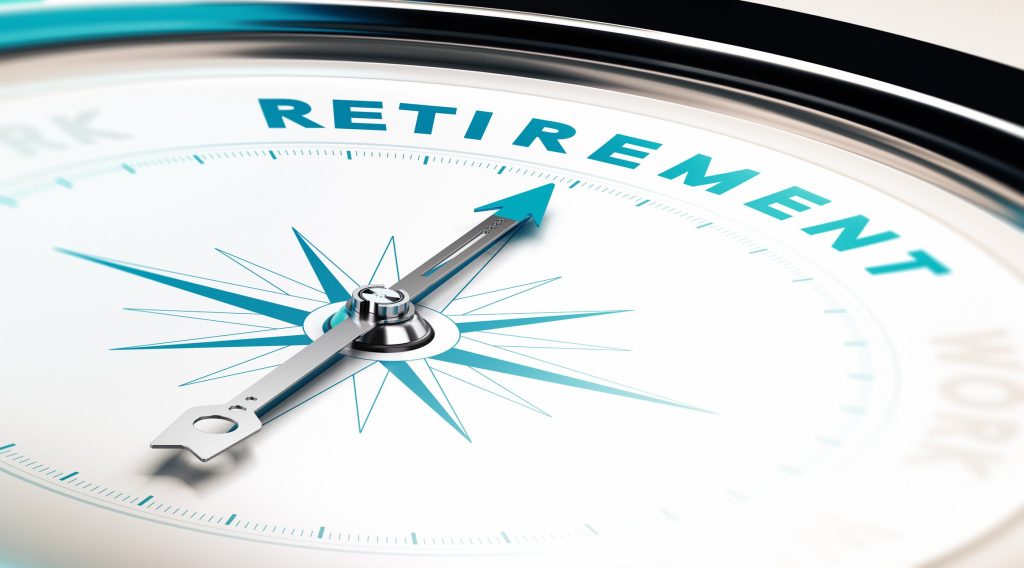
For high-net-worth individuals and families, retirement is a significant shift. A high-net-worth individual, also known as an HNWI, is typically someone with at least $1 million in cash or assets that can be easily converted into cash, including stocks, bonds, mutual fund shares, and other investments.[1] As an HNWI, you may not be too worried about depleting your funds in retirement, but there are many complexities that come into play that can eat away at your wealth faster than you think. Let’s discuss a few tips and tricks that can help you make the most of your golden years.
How to Make Retirement Planning Work in Your Favor
Those with a high net worth have accumulated a sizeable amount of wealth, which in turn adds more risks to their plate, such as tax liability. Finding ways to minimize taxes can save thousands, if not hundreds of thousands, of dollars if you’re an HNWI. Often HNWIs are also high-income earners. A backdoor Roth IRA is “a strategy used by high-income earners—who exceed Roth IRA income limits—to convert their traditional IRA to a Roth IRA.”[2] Although backdoor Roth IRAs can be a bit difficult to acquire for a high-income earner, the benefits speak for themselves. Roth IRAs are contributed to post-tax, meaning they can be withdrawn from tax-free. In addition, you receive no required minimum distributions.[3]
Another important piece of advice for HNWIs is to balance your financial portfolios. By dedicating time to frequent rebalancing, you can ensure your investment portfolios remain adequately diversified and proportionally allocated, according to Smart Asset.[4] Neglecting to keep up with rebalancing is an issue that investors often run into, regardless of if they’ve previously taken time to map out their allocation goals. To build a successful portfolio, investors should consider their age and incorporate a healthy mix of cash, stocks, and bonds.[5] For the wealthy, given that the more you have, the more you have to lose, rebalancing is a necessity. One final recommendation for HNWIs nearing retirement is to take full advantage of your employer-sponsored financial plan. Maxing out these plans can work to your benefit, regardless of your financial standing. Even if you earn a substantial income that prevents you from deducting these contributions from your paycheck, your investment earnings can still grow tax-free.[6]
High-Net-Worth Retirement: The Takeaways
All in all, high-net-worth individuals have more risks to protect against than the average retirement saver. A percentage point here and a penalty rate there can add up to a sizable chunk of change when that percentage point or rate is applied to millions of dollars. Talk with an investment professional before you try to handle your large financial picture on your own.
As a high-net-worth individual, there are many strategies to implement to improve your retirement planning process and protect your wealth, but given how much there is to manage, it’s just like scaling a business: it’s harder to cover it all on your own. If you or your family have a high net worth, contact us for a complimentary review of your finances.



